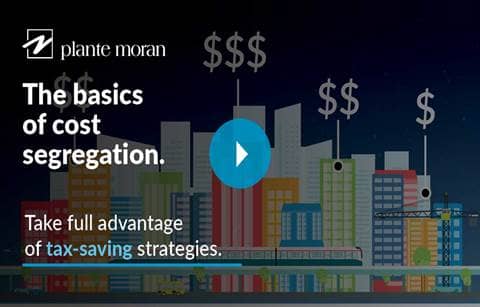The flagship lending program of the U.S. Small Business Administration, the SBA 7(a) program, has advantages for both lenders and small business owners. For lenders, the program provides a guarantee on business loans that can help the bank safely grow its commercial lending portfolio. For small businesses, the guarantee helps them obtain loans on better terms than a traditional commercial loan — with more flexibility in structure, which in turn helps the entity’s cash flow.
Due to the lack of SBA experts on staff, many community banks turn to third-party packaging agents who work directly with the borrower to manage loan-related paperwork and streamline the application and approval process. Working with third-party servicers also allows banks to be more flexible in their loan structures, which can help boost CRA numbers.
- Fee structure, including setup fees, when fees are payable, and whether fees charged by the third-party servicer need be reported to the SBA after a certain percentage or dollar amount.
- Experience prior to becoming a third-party processor: Does the servicer know the banking industry inside and out? Has it worked as a commercial lender using the SBA program? Does the servicer have SBA certifications and/or belong to SBA-recognized organizations such as NAGGL (National Association of Government Guaranteed Lenders)?
- References of other community banks who have worked with the servicer. Contact all references, and ask whether the servicer is knowledgeable about the SBA, responsive to correspondence from the bank and borrower, and whether the bank would hire the company again.





